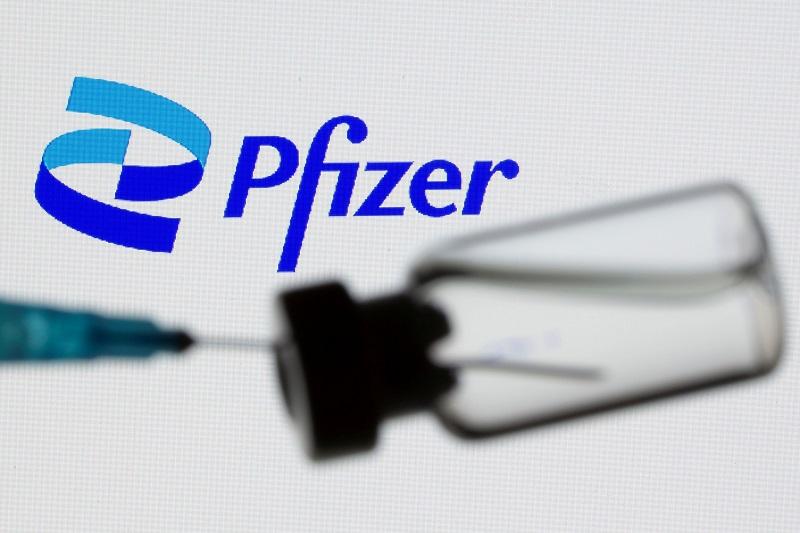'Positive' trial for Pfizer-BioNTech COVID-flu jab

BERLIN, Germany - Germany's BioNTech and US pharmaceutical giant Pfizer on Thursday announced "positive" results from initial trials of their combined mRNA vaccine against COVID-19 and influenza.
Phase one and two trials of the vaccine had produced "robust immune responses" against both illnesses and showed a "safety profile consistent with the safety profile of the companies' COVID-19 vaccine", Pfizer and BioNTech said in a statement.
"A pivotal phase three trial evaluating these lead formulations is expected to be initiated in the coming months," they said.
The messenger RNA method made its debut with the Pfizer-BioNTech coronavirus vaccine, which was the first jab against COVID-19 to be approved in the West in late 2020.
Pfizer and BioNTech first announced in November 2022 that they were planning to use the same technology to develop a combined COVID-19 and flu vaccine.
"This vaccine has the potential to lessen the impact of two respiratory diseases with a single injection and may simplify immunization practices for providers, patients, and healthcare systems all over the world," said Annaliesa Anderson, head of vaccine research and development at Pfizer.
"Combination vaccines have the potential to become a mainstay of routine vaccination against respiratory diseases, especially for the vaccination of populations who have a higher risk of severe illness," said Ugur Sahin, CEO and co-founder of BioNTech.
Scientists believe mRNA vaccines, which provoke an immune response by delivering genetic molecules containing the code for key parts of a pathogen into human cells, could be a game-changer against many diseases.
They also take less time to develop than traditional vaccines.
BioNTech's COVID-19 shot was developed and approved by regulators in less than a year.
The German company is also working on mRNA-based vaccines against malaria and shingles, as well as mRNA-based cancer therapies.
The World Health Organization in May said it no longer considered COVID-19 a global health emergency, although the virus is still circulating. — Agence France-Presse

Need a wellness break? Sign up for The Boost!
Stay up-to-date with the latest health and wellness reads.
Please enter a valid email address
Your email is safe with us





